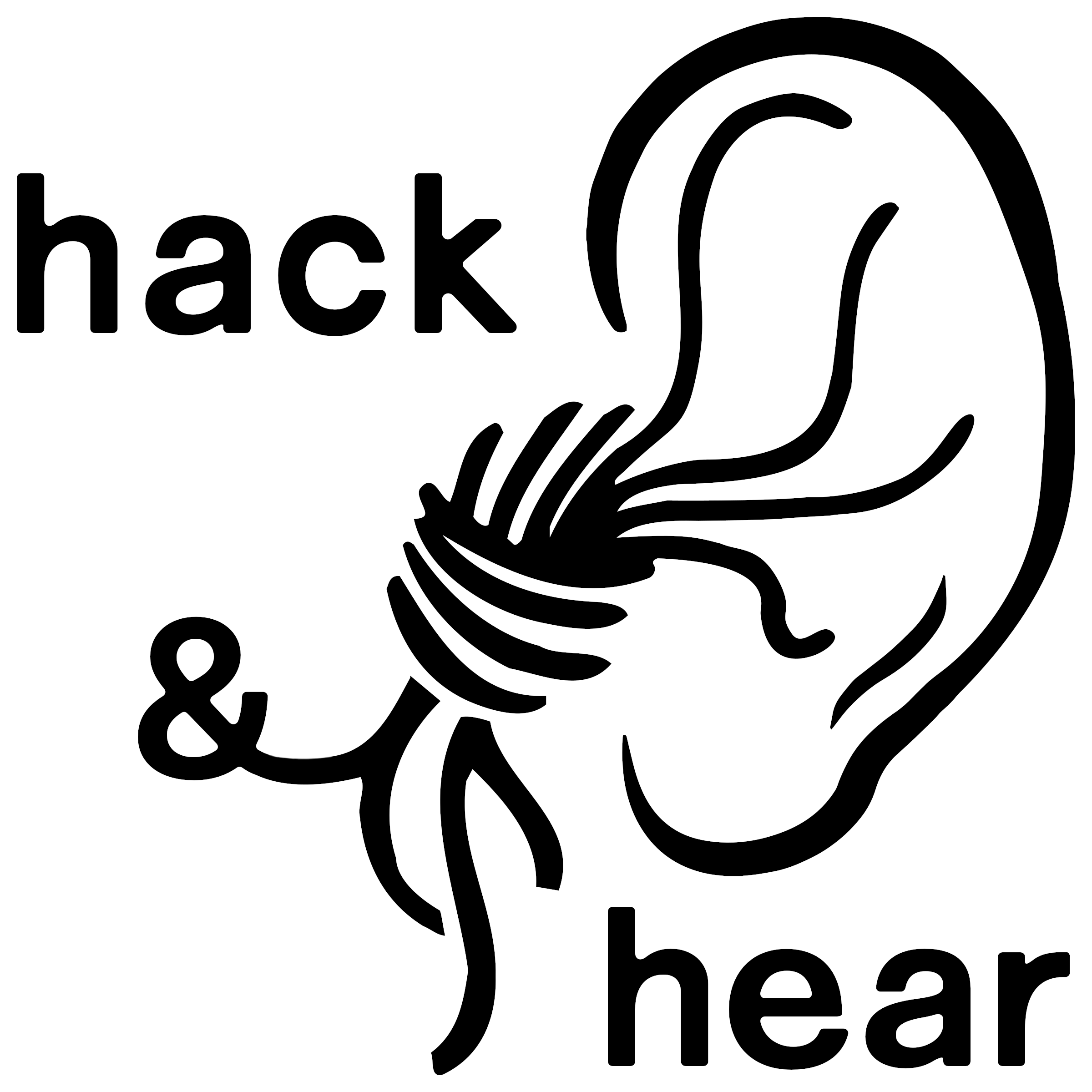In the last couple of months, I was often ask to list the things that I wish to be addressed by the hearing aid industry. This list got lengthy, but I figured I have to illustrate each point sufficiently. Thus, every point gets its own article.
This is my wishlist to audiologists and accousticians, hearing aid manufacturers, and the health care system. If you like to add something, share your experiences, or provide more information, I encourage you to submit a comment.
2. Compatibility between vendors for hearing aids and peripheral hardware
3. Seamless compatibility between hearing aids and peripheral hardware to consumer electronics
4. 24/7 service and availability of replacement devices
5. Longer battery life and non-proprietary batteries in peripheral hardware
7. Open hardware and software standards
8. Tuning in realistic circumstances, legalize and support self-tuning
9. Legal certainty for situation related to broken hearing aids

Hi,
Just thought that an obvious link is missing from your otherwise interesting site, namely the http://www.hear-it.org
As far as I know, it is the most visited site globally for hearing related issues.
Regards,
Soeren
Thanks for the link, I added it to the link collection!
Parts & service should be open-sourced to everyone – if you did not purchase your aid from a “registered” dealer, the manufacturer will not sell you parts or to repair your unit. Now that digital units are available and is easily programmable, manufacturers who blacklist customers for buying from a different source (eBay for example) is only encouraging a black market to develop in this area.
I agree with several of your points. I do however miss, a hearing aid with more hardware switches so that you can quickly and accurate access programs/features on them. Currently most brands have a single push button. Some brands require that programs for FM shoes stays in the sequence even if the FM/DAI shoe is not attached and clutters the list of programs that you have to cycle. I rather have BTEs that are a bit larger with good controls than small ones that are inefficient to handle. Most people complain anyway that they think my BTEs are invisible (although any HoH person should be able to spot them quickly).
At least for me, the remote is not really an option. It’s just too much hassle to have another gadget with you and knowing where it is when you need to change some setting in the hearing aid. The hearing aids on the other hand, are easy to find on your ears.
Hi!
I am also sharing my own hearing aids experiences in my blog. You may check out at http://hearingjoy.blogspot.com
I will tackle all your info in my future post. 🙂 I am still need experimenting of my new brand of hearing aids. 🙂
Thanks! 🙂
Thank you for standing up for hearing-impaired people as active and informed users of digital technology. In the UK we/I am lucky enough not to have to pay for NHS hearing aids and batteries. I have hooked mine up to a manufacturer’s device that transmits music from my phone and am pretty pleased with them generally, but compared with phone technology hearing aids are 10 years behind. And the prices for privately bought devices are truly shocking and clearly exploitative.
I came to your site via an excellent BBC report at http://www.bbc.co.uk/news/technology-18690973 I have blogged about my hearing loss, technology and media at http://propagandum.wordpress.com/2012/05/01/on-being-a-bit-deaf/
Keep up the good work!
No its not my real name, I am a UK Audiologist. HA manufacturers are constantly trying to make dispensing into a black art, the nhs has had to cope for several years with equipment that from one maker at least has not been fit for purpose. You are getting what the makers want to sell you. It is time the users without whom the market would not exist dictated what they want. Linux for Hearing Aids perhaps or even a universal standard interface maybe. You have my support.
The industry leaders colluded at the last conference not to support, repair or service inexpensive internet hearing aid products.
Arnie Sacnusum is completely correct, the industry does not want the patents to have a competitively priced products. Hearing loss is a serious issue and, as with other body conditions, you may need the advice of a doctor. This being said, doctors should charge for their knowledge, and not profit from a overpriced amplifier. The wholesale price is also inflated because of the many perks paid for promotions. As a technician in the industry, some of the industry standard components can be sourced at digikey.com, the pricing is there is black and white (some less than $20). The small labs have been bought up, there is no competition. The health of the patent would be better served if the device was $50; next to the $5 drugstore glasses and visit the doctor on their own.
sorry “patient” – not “patent”